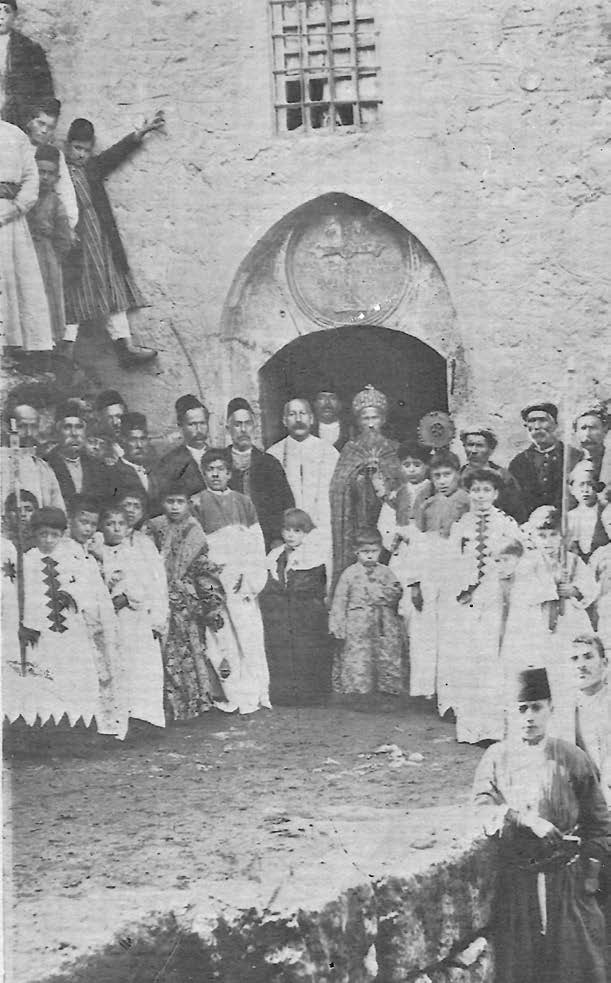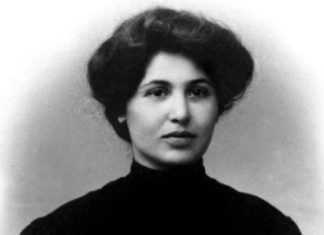By Charles N. Mazadoorian
Special to the Mirror-Spectator
There were many mulberry trees in the village of Ichmeh in the Ottoman Empire in 1915.
Ichmeh was a small village in the province of Kharpert containing several hundred families. It rested in the shadow of Mount Mastar and was made up of two sections, upper and lower Ichmeh. The name Ichmeh literally means “don’t drink” in Turkish apparently from a time when water drunk from the natural spring was found to be distasteful. Unlike most of the other villages of Kharpert, the name of the town has not changed and the name Ichmeh continues to the present time.
The Armenians in the village had lived in relative harmony and peaceful coexistence with the Ottomans for quite some time. The Armenians in their section of the village occupied their homes peacefully and ran numerous businesses, mills and orchards. The village had its own school, formed by the merger of three smaller schools: while Ichmetzi’s (citizens of Ichmeh) were not particularly well educated, they shared a great respect for education and strongly encouraged learning among their children. The town had two churches, one Apostolic and the other, Protestant. The Armenian citizens of Ichmeh were especially proud of St. Nicholas Church, a magnificent stone structure, which had been built over a steady stream which flowed right under the Church.

Ichmeh was quite independent and self-contained and the shops and mills were able to provide virtually of the needed foodstuffs and household items which the citizens required, as well as providing items for neighboring towns.









